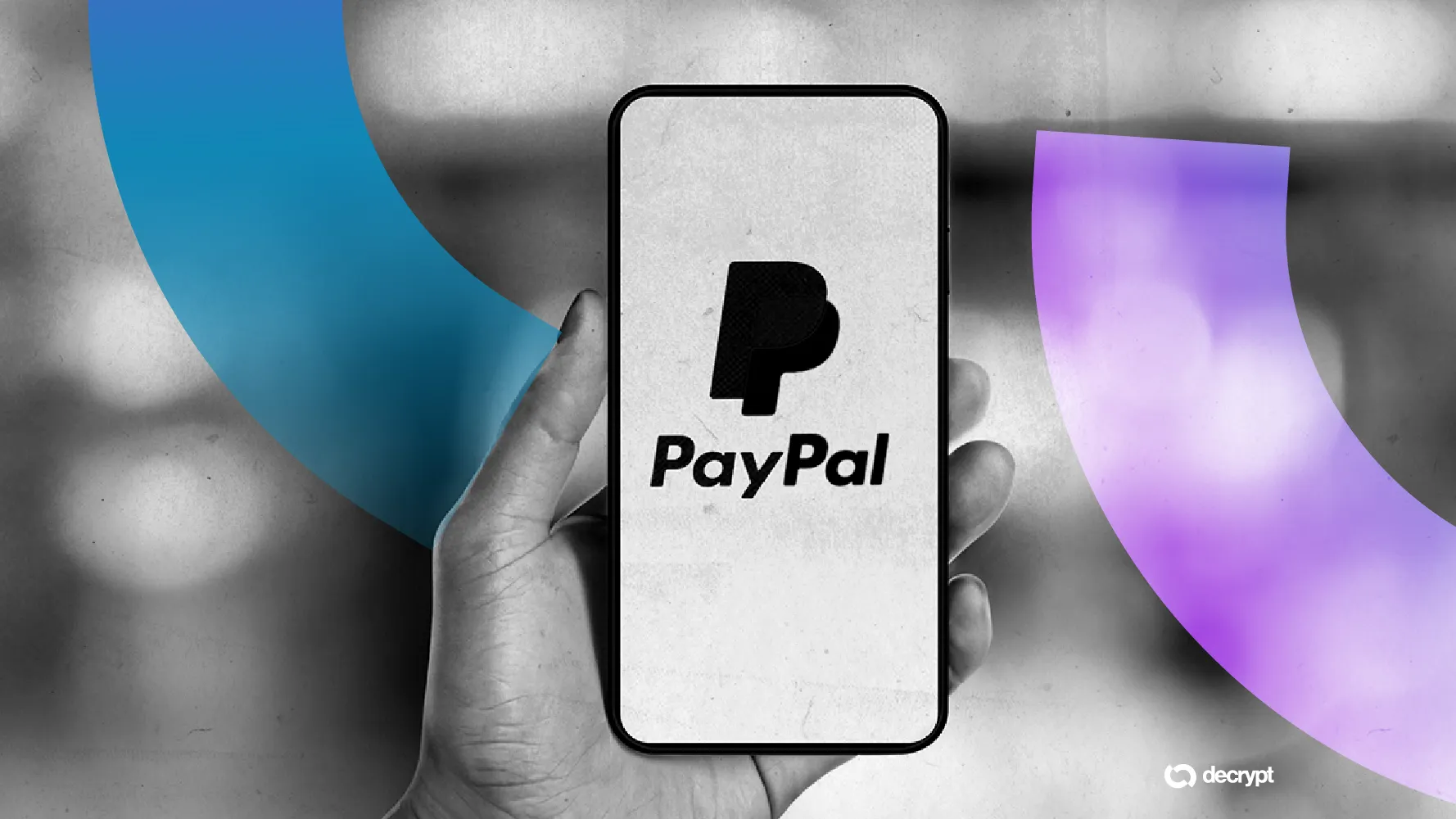In brief
- PayPal will launch a platform this fall linking domestic wallets like UPI and WeChat Pay to its global merchant network.
- The service mirrors stablecoin functionality but runs on traditional fiat rails, without blockchain infrastructure.
- It comes as PayPal continues to support and integrate its stablecoin, PYUSD, into its broader product suite.
U.S. payments company PayPal said Wednesday it plans to launch a new platform this fall that will link domestic digital wallets to its global network of billions of users.
Dubbed PayPal World, the system lets users of India’s UPI, China’s WeChat Pay, and Brazil’s Mercado Pago transact with PayPal or Venmo merchants abroad without opening new accounts or using cards.
“Moving money across borders is incredibly complex, and this platform is designed to make it simple for nearly two billion users,” PayPal president and CEO Alex Chriss said in a statement.
While the system does not rely on blockchains or tokenized assets, it delivers many of the same functions as stablecoins, such as fast settlement and currency conversion.
The payments giant did not respond to questions on how World fits into its broader crypto strategy.
PayPal said on Wednesday that the platform is “ready for the future of commerce,” citing use cases such as AI-powered shopping and agent-driven wallet transactions. It added that digital payment systems will play a key role in enabling those experiences.
Once live, the service will support in-store, online, and peer-to-peer transactions, with initial rollout focused on interoperability between wallets and its existing merchant base.
The announcement comes as PayPal continues to support and integrate its stablecoin, PYUSD, into its broader product suite.
Last month, PayPal expanded PYUSD to include the Solana blockchain, adding to its existing availability on Ethereum and announcing plans to launch on Stellar.
The expansion follows a key regulatory breather for the firm, after the SEC dropped its 15-month probe into PYUSD in April. That decision removed a major overhang just as PayPal began scaling its stablecoin across multiple blockchains.
A stablecoin killer?
In one section, PayPal claimed the platform will support newer technologies “over time,” including dynamic payment interfaces and stablecoins.
Such an overlap could be troubling for crypto builders, as it suggests traditional firms may achieve similar outcomes without relying on open, permissionless infrastructure.
But PayPal World isn’t necessarily “a stablecoin killer,” Gitay Shafran, founder of The Fedz, the issuer behind FUSD, a bank-run mitigation stablecoin, told Decrypt.
“It’s a bridge between legacy fiat systems, not a leap into the future of money,” Shafran said.
Others view it as validation of the problem stablecoins were designed to solve.
While the platform “raises the bar for fiat payments,” it would still rely on “traditional correspondent banking channels, foreign-exchange spreads, and proprietary settlement processes,” Andrei Grachev, managing partner at synthetic dollar protocol Falcon Finance, told Decrypt.
Stablecoins, by contrast, have “advantages that are especially valuable for micro-payments, cross-chain exchanges, and regions where conventional banking is slow or unavailable,” he added.

